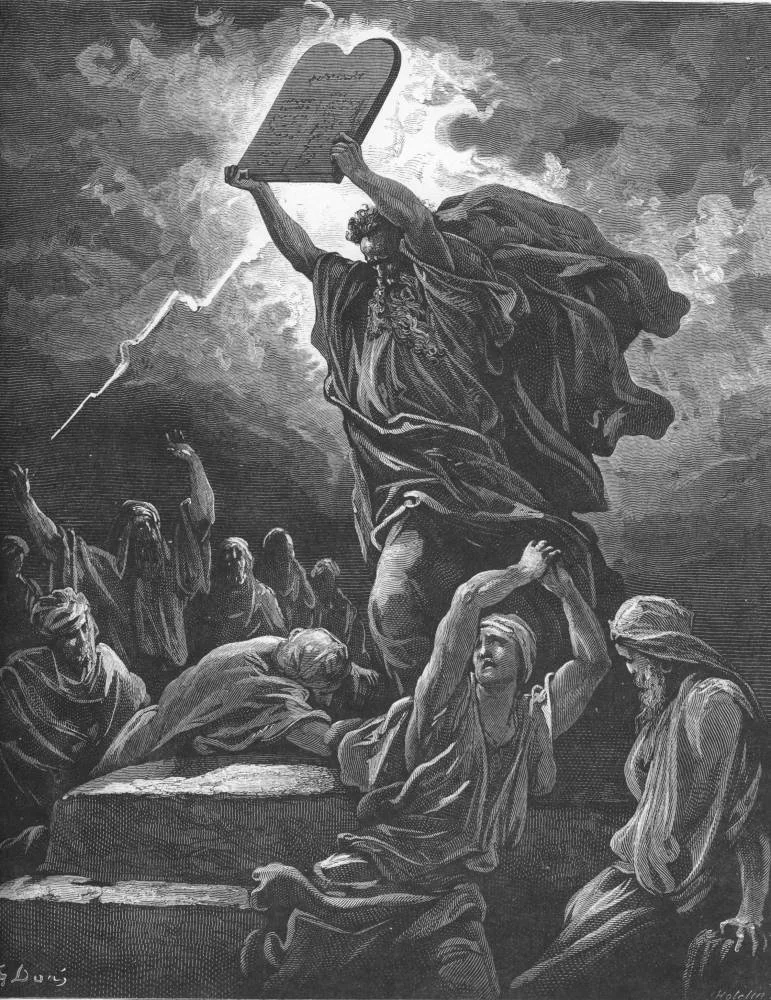Last Thoughts on Whether the Natural Philosopher Escapes the Eternity of Time
/The issue remains whether the Thomistic natural philosopher has the wherewithal to defuse Aristotle’s argument for the eternity of time. As has been noted, the issue is not arcane but has implications for how, over the centuries, the philosophical sciences have been taught ad mentem Sancti Thomae.
Read More
















